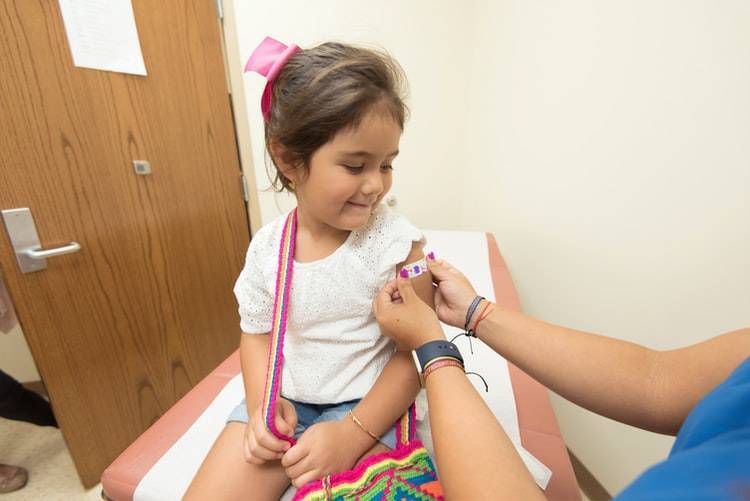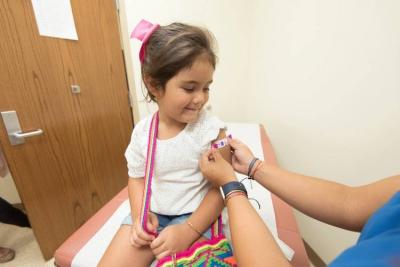During the second wave of the coronavirus, there was an increase in the number of children infected with the virus. Although most cases were asymptomatic and mild, experts speculate that the third wave could be more severe for them. Experts indicate that children suffering from malnutrition are more susceptible to contracting COVID-19 in the upcoming wave.
As we all know, COVID-19 infects the upper respiratory system across all age groups. However, those with a strong immune system are less likely to suffer from severe illness. Eating healthy food is an important factor that can help boost immunity. Nutritional deficiencies or malnutrition in children weaken their immune systems, making them more vulnerable to infections.
Malnutrition is a common health concern in many poor countries around the world. Even before the pandemic, a large segment of the population, including children, suffered from deficiencies in nutrients such as iron, iodine, folic acid, vitamin A, and zinc. However, the implications of these deficiencies have been highlighted during the current pandemic. These deficiencies can lead to stunted growth, cognitive impairment, complications during the perinatal period, and an increased risk of diseases in children. Currently, they may also be a factor contributing to the heightened risk of COVID-19 among children.
To reduce the risk of infection, various vaccine companies are testing their vaccines on children. However, there is still uncertainty about when they will be available for children. Until then, parents bear the responsibility of taking greater care of their children. Parents are advised to ensure their children wear masks at all times while outside, maintain recommended social distance, practice proper hygiene habits, and focus on providing them with healthy and nutritious foods. Following a balanced diet can help maintain the health of children’s immune systems and reduce their risk of COVID-19 infection, according to the Times of India.




